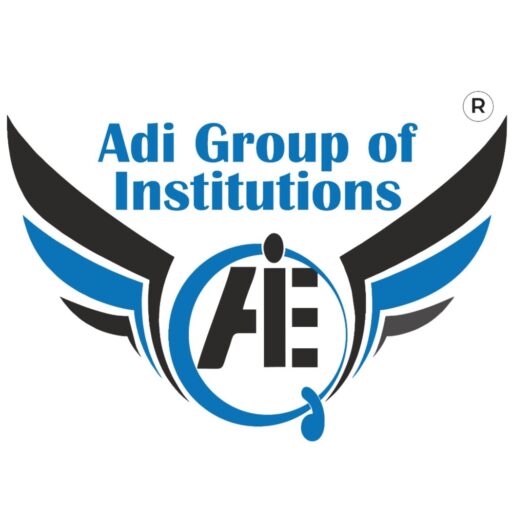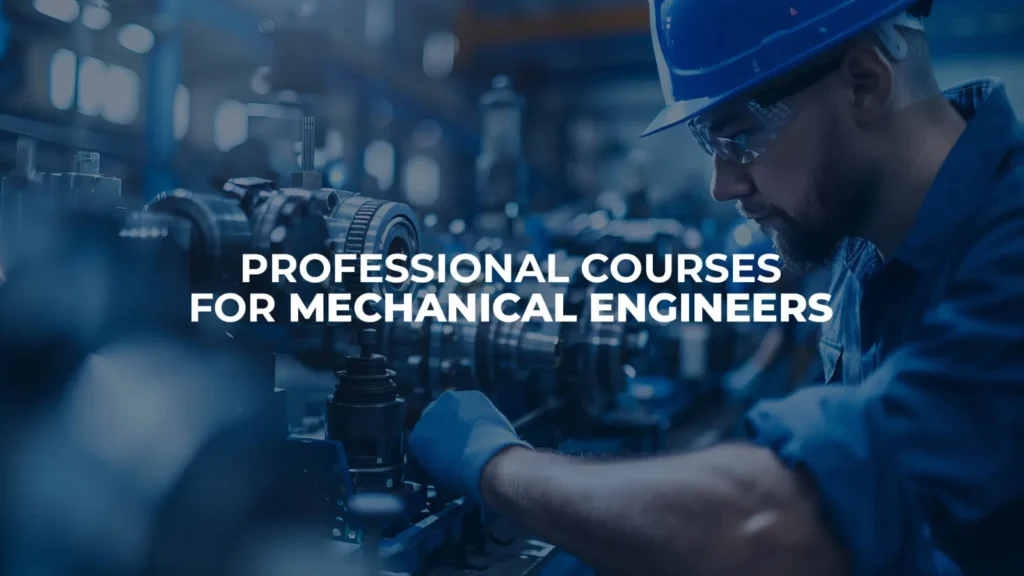
What Is Logistics Management? Career Logistics Industry in Bangalore, Scope in Bangalore
What Is Logistics Management?
Why Logistics Thrives in Bangalore
Promising Career Paths and Salaries
Skills to Build for Success
Get Started Today
What Is Logistics Management?
Logistics is the coordination of how products, services, and information flow from their origin to the end-user, the customer. That includes executing and managing all of the logistics activities that enable Customers to receive the highest level of service possible while maximizing efficiency and minimizing costs. This type of systematic approach to Logistics allows businesses to coordinate many different functions, such as transporting goods, warehousing products, and managing inventory.
The main goal of Logistics Management is to offer Customers a high level of efficiency while decreasing operational costs. The key elements of Logistics Management include sourcing products, fulfilling orders, and handling returns from Customers. Without efficient Logistics Management in place, a company would be unable to manage its Supply Chain because of the high cost involved, the time lapse between Product Distributions and Order Deliveries, and the potential for Customers to return out-of-stock items. Logistics Managers must use many different tools to manage their Logistics Activities effectively, including GPS Tracking Systems, Inventory Management Software, and Data Analytics. In today’s fast-paced world, mastering what is logistics management means staying ahead in e-commerce booms and global trade.
Why Logistics Thrives in Bangalore
Bangalore, the Silicon Valley of India, is not just about technology. It is also a growing center for the logistics industry in Bangalore. There are numerous start-ups, many large e-commerce companies such as Flipkart and Amazon, and its close proximity to the Chennai port contributes to the many business opportunities available. Career in Logistics & Supply Chain Management in Bangalore is currently thriving because of investments made in infrastructure. New airport cargo terminals, expressways, and increasing demand for flexible Supply Chains after COVID-19 will create new jobs within third-party logistics companies, Manufacturing companies, and Retailers.
Promising Career Paths and Salaries
Diving into a career in logistics & supply chain management in Bangalore opens doors to roles like logistics coordinator, supply chain analyst, or warehouse manager. New graduates with a bachelor’s degree in either commerce or logistics will most likely start with a salary between Rs 4-6 lakh per annum (approximately $7k-$10k) as entry-level employees. However, with added experience and industry-recognised certification (CILT, APICS) they can move up quickly into management roles that can pay between Rs 10-20 lakh (roughly $15k-$30k). Employers such as DHL, Blue Dart and Mahindra Logistics also provide substantial benefits including international assignments and opportunities for rapid promotion within two years.
Skills to Build for Success
To thrive, focus on:
- Data-driven decisions: Learn Excel, ERP systems, and basics of AI in logistics.
- Sustainability: Green logistics is huge—optimize routes to cut emissions.
- Soft skills: Communication and negotiation seal deals with suppliers.
Get Started Today
The dynamic nature of Bangalore’s landscape makes it one of India’s leading cities for many different logistics career paths. If you’re either interested in changing your career direction or getting involved in logistics for the first time, understanding what is logistics management is where you must begin. Take quality courses, get experience through internships, and watch as your logistics career grows like crazy!


Adi Institute is a leading educational institution in Kerala, committed to equipping learners with knowledge, skills, and innovation for the future. With experienced educators, modern facilities, and dedication to excellence, it offers a transformative learning experience that inspires growth, confidence, and career success.




















